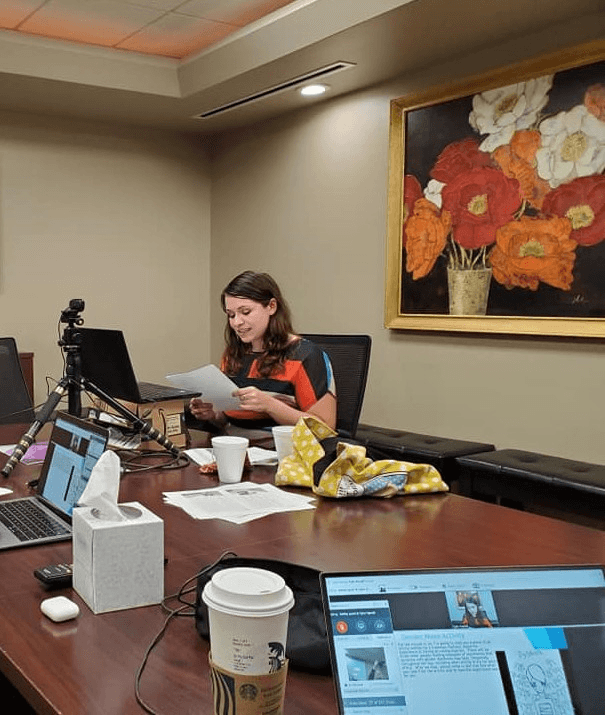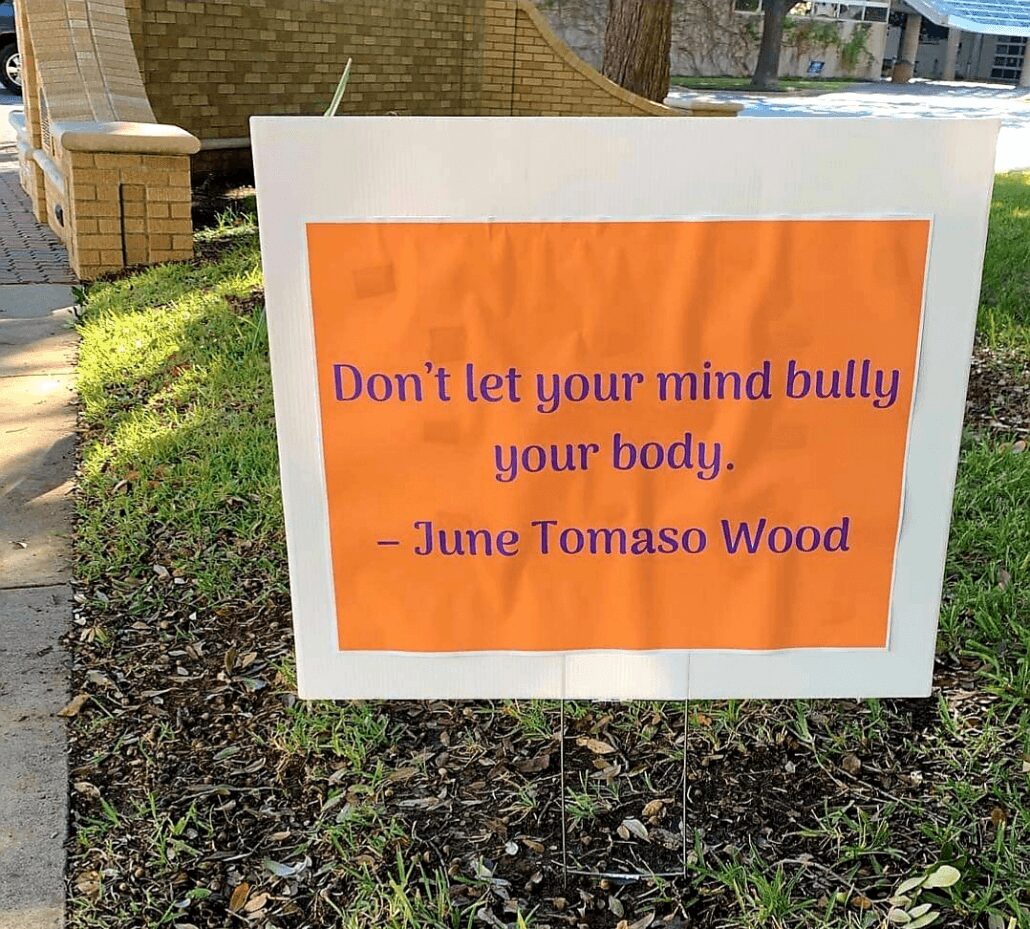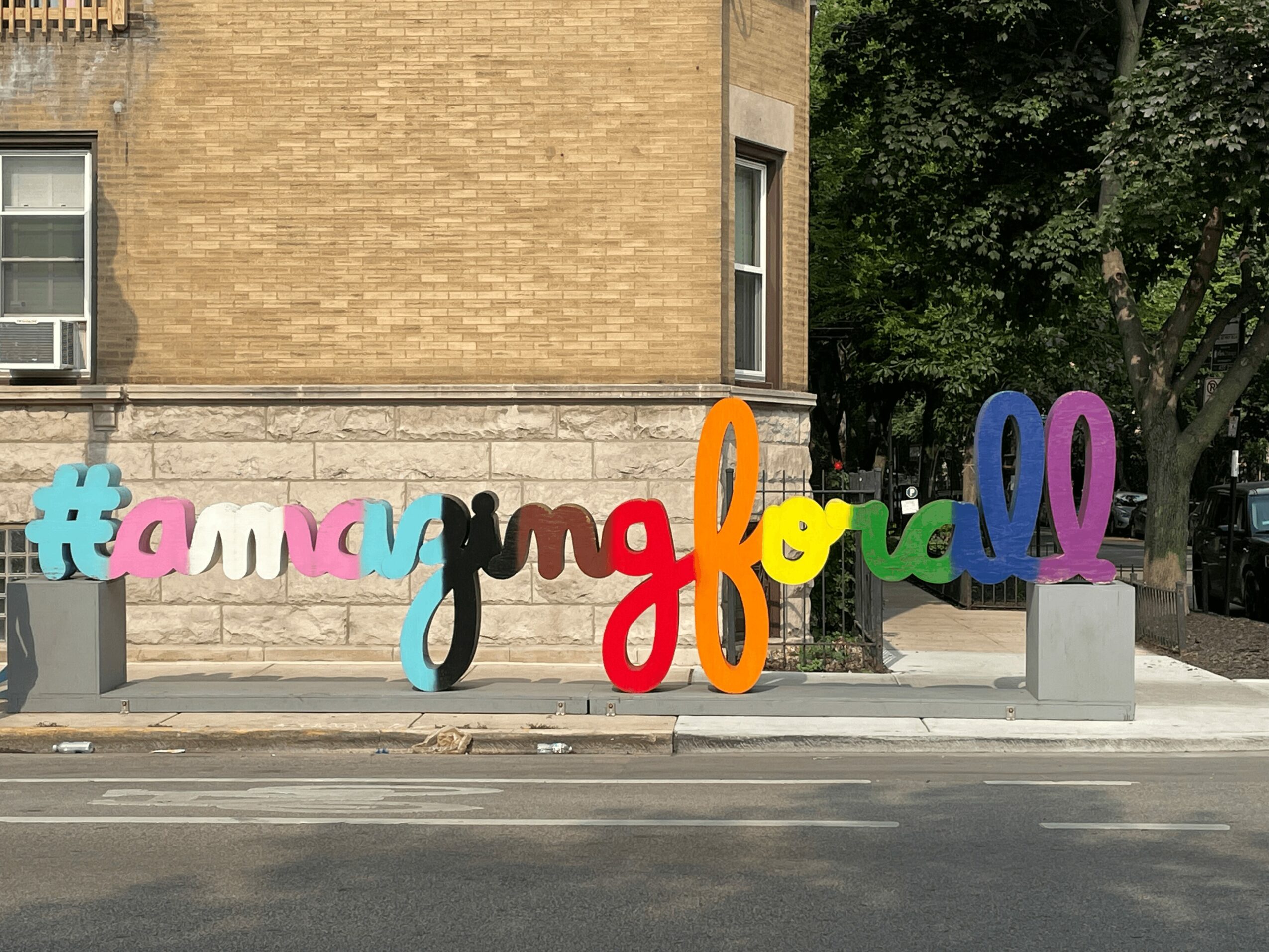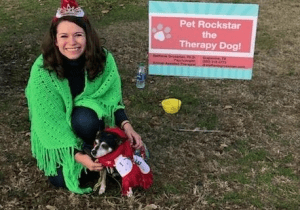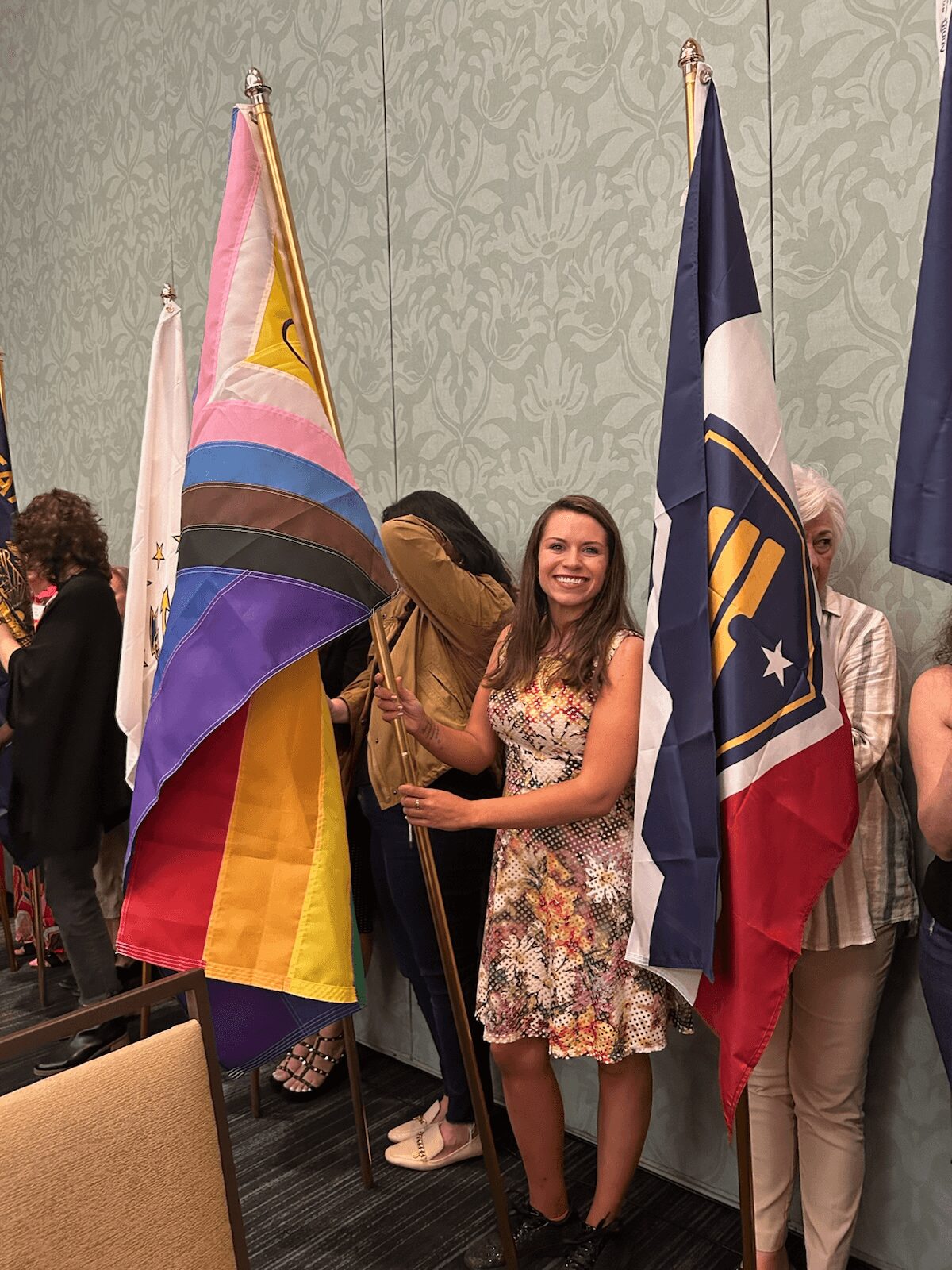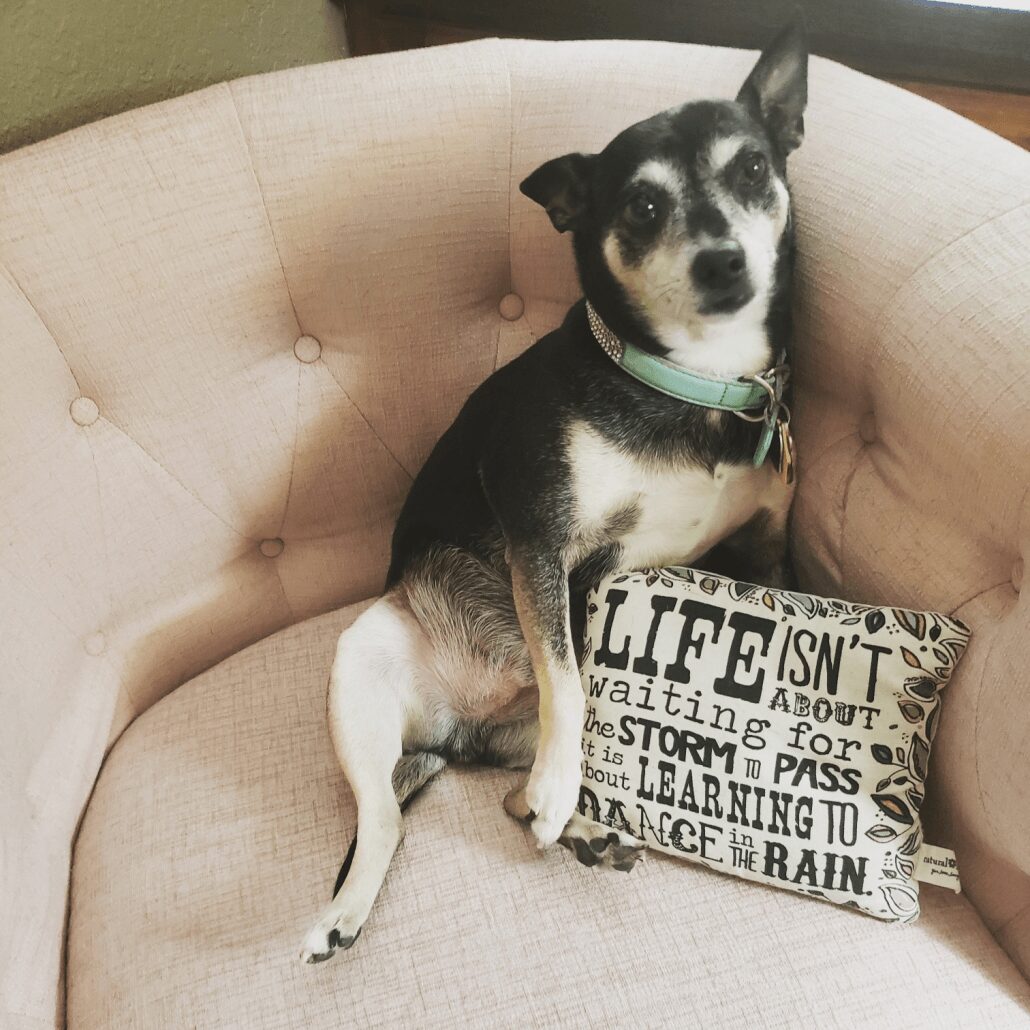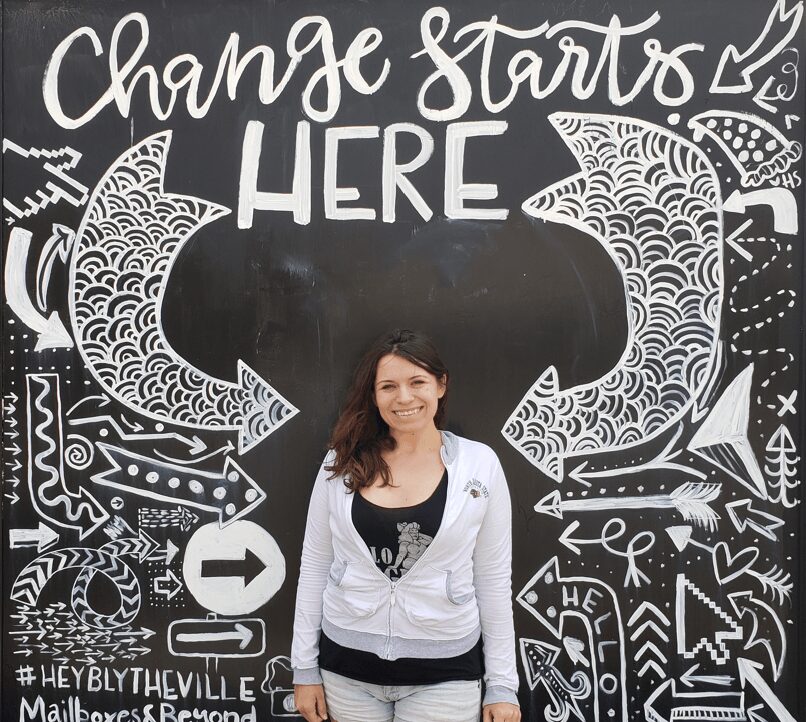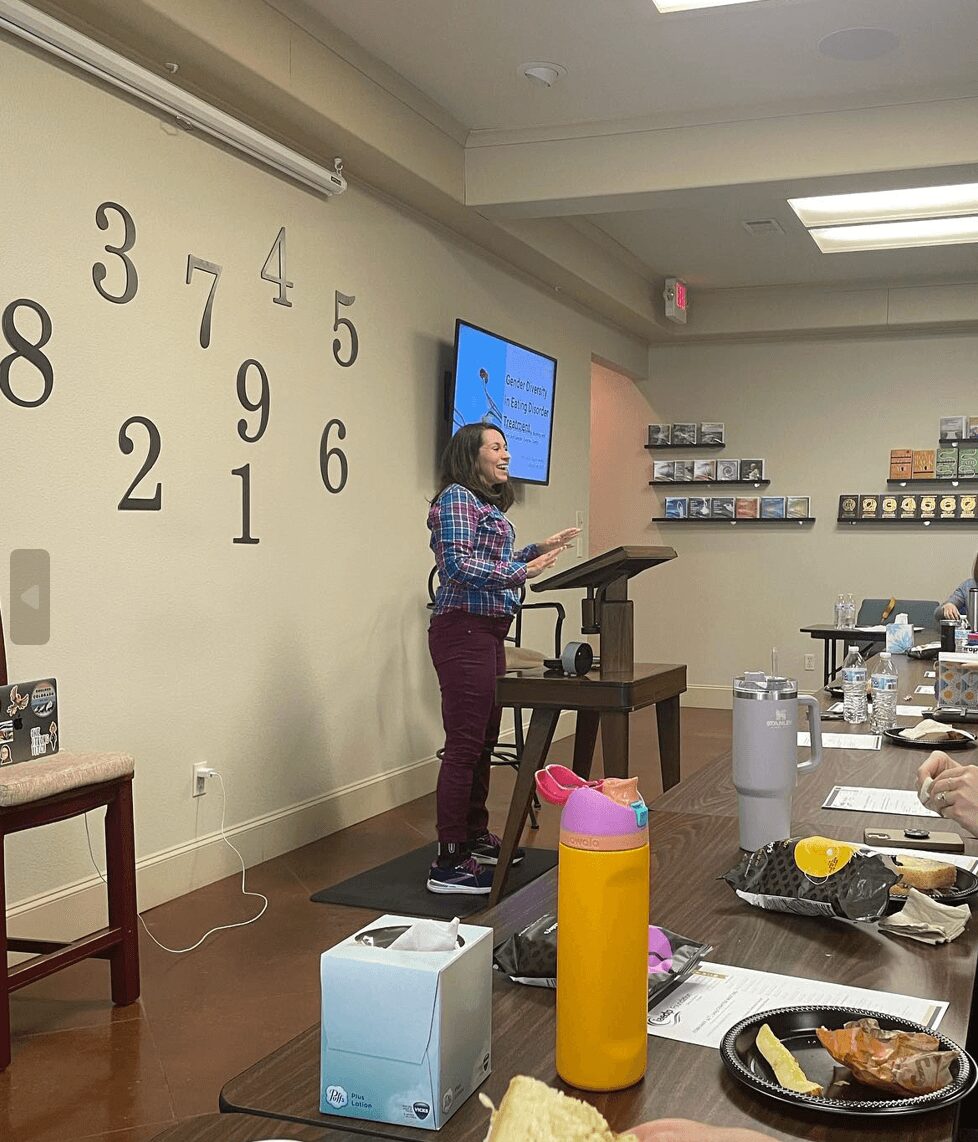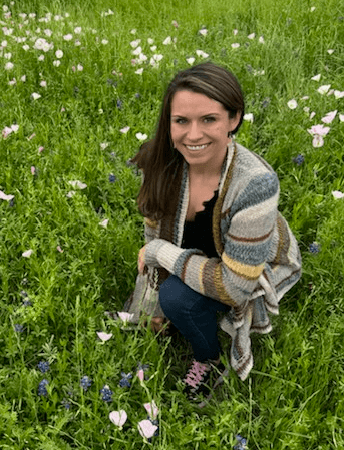

Today we’d like to introduce you to Steffanie Grossman, PhD, CEDS.
Hi Steffanie, can you start by introducing yourself? We’d love to learn more about how you got to where you are today?
I come from a very rural town in North Dakota. Mental health was not often discussed, and diversity, whether it be with regard to sexual, gender, religious, or racial identity, was not overly present or acknowledged. As an adolescent, when I was struggling, I was fortunate to be driven for therapy appointments, an hour away. Not all of my community members had this opportunity, and after having a friend die by suicide and seeing many people’s responses, I further realized how misunderstood and stigmatized mental health concerns and resources were within my and so many other communities. This pushed me in a direction to advocate for mental health support through being a therapist. I found myself gravitating toward specialties in working with body image concerns and eating disorders, as I love helping clients embrace self-compassion and empowerment, as well as LGBTQ+ clients (which, at the time of this interest developing, I thought was due to having a strong passion as an ally). When in graduate school, I ended up realizing that I myself identify as part of the LGBTQ+ community, and it was amazing to see how much my confidence and sense of self, just seemed to skyrocket. It “clicked”, when I realized that my interest in supporting the community was influenced so much by my unrealized identity of someone who is a part of it. Since this, I’ve found it fun, rewarding, and often times inspiring to be able to help people find freedom from eating disorders as well as internalized homophobia and other forms of oppression, through therapy, training, and supervising. I’ve loved owning my own business, as I have control over ensuring that the company is constantly striving to provide a safe, supportive, and inclusive space, for people to empower themselves through their struggles.
Would you say it’s been a smooth road, and if not what are some of the biggest challenges you’ve faced along the way?
As someone who specializes in working with eating disorders and body image as well as LGBTQ+ clients, I’ve realized that my role is often not just supporting clients and trainees in the rooms I’m in but advocating outside. Sizism (oppression of people in larger bodies) is something very present and diet culture (e.g., consistently assuming that weight loss is positive) is often times the norm. This can be challenging, as clients strive to find freedom from focusing as much on their bodies and weight, while living in a society that normalizes this distress and obsessiveness. Homophobia and transphobia are very real and alive as well. One of the biggest struggles I’ve had in this role, is when I’ve spoken with or received emails from clinicians that overtly and vocally embrace transphobia or homophobia, without coming from a space of wanting to learn or at the very least do no harm to clients who may come in contact with them. I always love showing people the Minority Stress Model, as this can oftentimes provide some insight into reasons to at least be aware of what is being stated aloud as a clinician, to not be perpetuating mental and physical health consequences amongst these individuals.
As you know, we’re big fans of Dakota Therapy & Consulting. For our readers who might not be as familiar what can you tell them about the brand?
My business provides therapy, supervision, and trainings, about eating disorders and body image as well as LGBTQ+ related concerns. As a Certified Eating Disorders Specialist, I love providing individual therapy (ages 17+ through adults), as well as presentations to businesses and organizations about creating a culture that promotes body positivity and self-esteem, and trainings to clinicians who are developing specialties in working with eating disorders as well. I also provide individual therapy to pre-teens through adults, for clients who are navigating gender or sexual identity or wanting support on related areas (e.g., bullying, supporting loved ones), and trainings to businesses and organizations trying to create a more inclusive culture, as well as clinicians wanting to learn to better support LGBTQ+ clients. Recently, I’ve also begun incorporating brainspotting into my sessions with some clients, as it is often a quick and effective way to help notice where emotions and traumas are being held in one’s body and process those emotions and experiences. I also provide assessments for Gender Dysphoria and related letters of support for adults preparing for gender affirming medical or legal procedures. What sets my business apart, is that transgender and gender expansive individuals experience the highest rates of eating disorders amongst all genders, and I specialize in helping clients identify and navigate both gender dysphoria (distress related to body or expectations not aligning with one’s sex assigned at birth) and body dysmorphia (distress and hyperfocus related to particular body parts’ appearances). I am proud of my business consistently striving to provide a space that allows individuals to feel seen, respected and understood, when that’s often not the case outside. Also, I’ve historically been an animal-assisted therapist, with a tootsie-roll doppelganger named Rockstar. It has been really rewarding to have a therapy dog to be able to support my clients as well; seeing clients go from staring at Rockstar the dog in their arms while discussing traumas, to eventually looking at me as they’re sharing, is an honor to be able to witness. Rockstar has been going into retirement, and is now getting to enjoy his bed at home more often, and I’m so appreciative of the impact he’s made on clients while in office with me. I want readers to know that, there are plenty of resources available to those who are struggling with an eating disorder and/or who identify as LGBTQ+, for those who support these individuals, and for those wanting to learn more about how to do so. If you want to reach out, I’m happy to provide insight into these resources, whether it be therapy or trainings with me, getting connected with an impactful community non-profit for support, or another clinician!
Are there any apps, books, podcasts, blogs or other resources you think our readers should check out?
Yes! I have a few books that I absolutely love, that have been helpful in various times throughout my life. “You Are a Badass: How to Stop Doubting Your Greatness and Start Living an Awesome Life” by J. Sincero, is a really great book for increasing and embracing confidence, especially when embracing vulnerability about potentially positive risks (which are so often needed for growth; for example, going into private practice felt risky and vulnerable, and now I’m so thankful that I did). The book “Four Agreements” by D. M. Ruiz also has some great words of wisdom in it. As someone who has battled overthinking and people pleasing tendencies at times, this book provided great insight into ways to challenge that. Finally, the book “Attached: The New Science of Adult Attachment and How It Can Help You Find — And Keep – Love” by A. Levine, MD & R. S. F. Heller, MA, is also a really wonderful book to help in understanding your and your loved ones’/partners’/etc. ways of managing stress and communicating within relationships. For podcasts, I’m a huge fan of listening to a 10-15 minute “news you need” episode on my favorite news station. When talking with clients, as well as thinking of my experience, focusing on and getting lost in news, can feel exhausting and leave us feeling helpless. One of my self-care strategies is listening to a short daily news episode, that lets me hear some of what’s going on, so that I can decide if I’m needing to look more into anything, without getting lost in a news rabbit-hole while also staying aware.
Contact Info:
- Website: https://drsteffaniegrossman.com/
